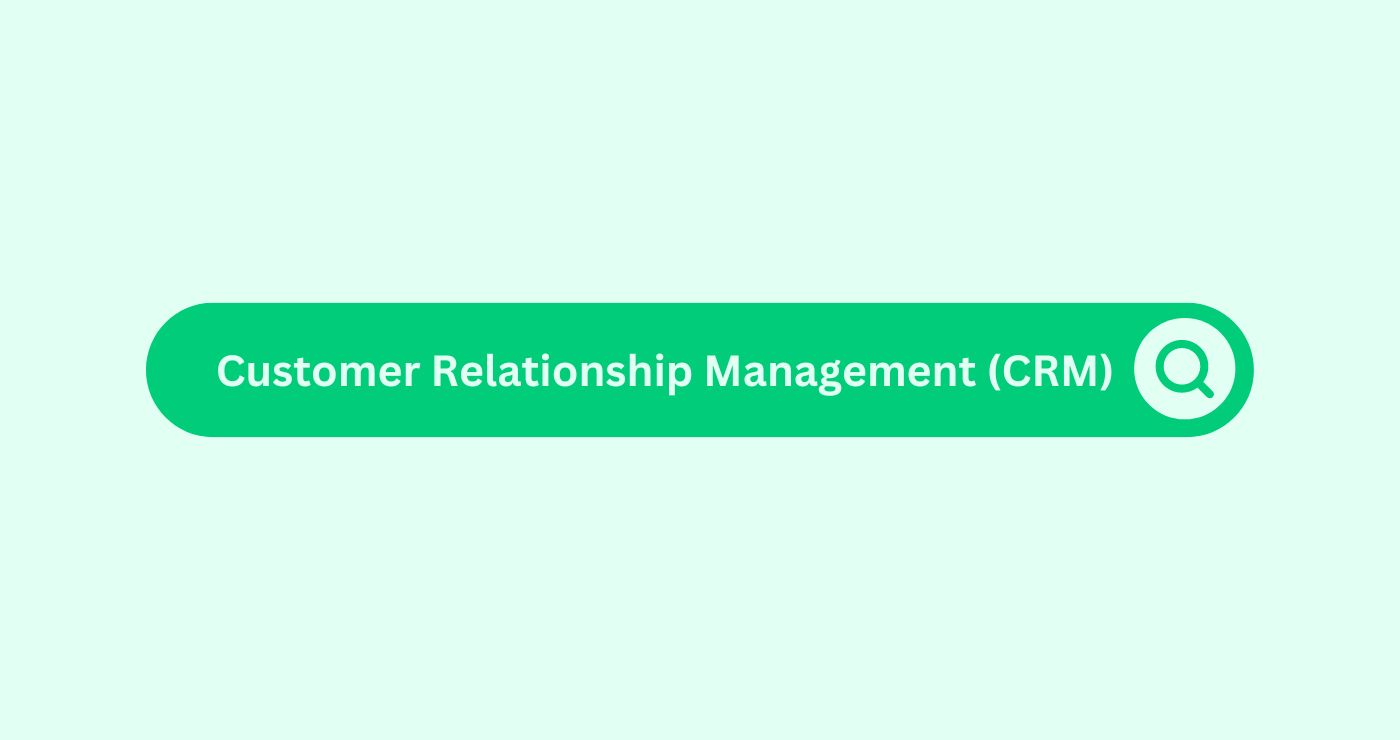Definition
Customer Relationship Management (CRM) is a technology used to manage a company’s interactions with current and potential customersDefinition Customers, in the context of SEO, refer to indivi.... It helps businesses improve customer relationships, streamline processes, and enhance profitability by consolidating customer information and automating various sales, marketing, and customer service processes.
How you can use
Example: If your company uses a CRM system, you can track customer interactions, manage leads, and automate follow-up emails. For instance, a sales representative can use CRM to view a customer’s history with the company, track sales pipeline stages, and receive reminders to follow up on potential leads, improving efficiency and customer satisfaction.
Key Takeaways
- Enhanced Customer Relationships: CRM systems help build stronger relationships by providing a comprehensive view of customer interactions.
- Sales Optimization: CRM tools streamline sales processes, improve pipeline management, and enhance sales forecasting.
- Marketing Efficiency: CRM software automates marketing tasks, personalizes campaigns, and tracks performance.
- Improved Customer Service: CRM systems provide customer service teams with the information they need to resolve issues quickly and efficiently.
- Data-Driven Decisions: CRM analyticsDefinition In SEO, analytics involves collecting, measuring,... offer insights into customer behavior and business performance, supporting informed decision-making.
FAQs
What is Customer Relationship Management (CRM)?
A: CRM is a technology for managing a company's interactions with customersDefinition Customers, in the context of SEO, refer to indivi... and potential customersDefinition Customers, in the context of SEO, refer to indivi..., aiming to improve relationships, streamline processes, and enhance profitability.
How does CRM benefit businesses?
CRM benefits businesses by enhancing customer relationships, optimizing sales processes, increasing marketing efficiency, improving customer service, and providing data-driven insights.
What types of data can a CRM system manage?
A CRM system can manage customer contact information, interaction history, sales data, service requests, and marketing campaignDefinition An SEO campaign involves focused, Organised effor... details.
How does a CRM system improve customer service?
A CRM system improves customer service by providing a complete view of customer interactions, enabling quick and personalized responses to inquiries and issues.
Can CRM systems be integrated with other tools?
Yes, CRM systems can be integrated with various tools, including email marketingDefinition
E-mail marketing uses targeted messages t... platforms, social mediaWhat is Social Media? Social media refers to online platform... channelsDefinition Channels in the context of SEO refer to the vario..., and e-commerce systems, to provide a seamless customer experience.
What is the difference between CRM and CDP?
While both manage customer data, CRM focuses on managing customer interactions and relationships, whereas CDP (Customer Data Platform) centralizes and integrates data from multiple sources to create comprehensive customer profiles.
How can CRM improve sales performance?
CRM improves sales performance by tracking leads, automating follow-ups, providing sales analyticsDefinition In SEO, analytics involves collecting, measuring,..., and helping manage the sales pipeline more effectively.
Is CRM suitable for small businesses?
Yes, CRM systems are suitable for businesses of all sizes, offering scalable solutions that can grow with the company.
What should I consider when choosing a CRM system?
When choosing a CRM system, consider factors like ease of use, integrationDefinition Integration in the SEO Glossary combines tactics ... capabilities, scalability, cost, and the specific needs of your business.




